LATVIJA.FM
Knuts Skujenieks: Poems from Behind Bars
In the shadowed silence of a Soviet prison camp, a voice persisted—a poet’s voice, fierce and unwavering, refusing to be silenced by oppression. Knuts Skujenieks, one of Latvia’s most courageous literary figures, spent seven years in a hard labor camp for crimes he never committed. His real “crime” was loving his country, his language, and the moral clarity of free thought. In isolation, stripped of pen and paper, he composed verses in his mind and carried them home not in notebooks, but in memory. These poems, born behind barbed wire and frozen walls, would later become emblems of Latvia’s cultural resilience. Skujenieks’s legacy is not merely one of literature—it is a testament to the endurance of the spirit, the dignity of protest, and the unyielding power of poetry in the face of tyranny.
A Quiet Rebel in a Troubled Time
Knuts Skujenieks was born in 1936 in Riga, at a time when Latvia’s independence was already under threat. A brilliant student and linguist, he was drawn early to poetry as a means of exploring moral truths and philosophical depth. By the 1960s, his work—dense with classical allusions and quiet humanism—stood in stark contrast to the rigid expectations of Socialist Realism. He was arrested in 1962, accused of “anti-Soviet activities” for writing and translating politically inconvenient works, and was sentenced to seven years in a Mordovian labor camp. The charge was never about weapons or plots—it was about words.
The Labor Camp Years: Memory as Manuscript
In the frozen silence of the labor camp, where winters were cruel and days were swallowed by forced toil, Skujenieks turned inward. Denied the basic tools of a writer, he composed poetry in his mind, training himself to remember each verse with exacting precision. These were poems not of bitterness but of clarity. He wrote about snow and birds, about the ache of absence, about dignity in restraint. He built a private world of thought and rhythm while the outside world tried to erase his identity. When he was finally released in 1969, he carried home an entire body of work—unwritten but fully formed.
A Voice Returned—Too Soon for the Page
Although Skujenieks returned to Latvia, his poetry remained unpublished for over two decades. The Soviet regime kept him under scrutiny, and only after the fall of the USSR could his prison-era poetry be publicly shared. When it was finally released in the 1990s under the title Lirika un balsis ("Lyrics and Voices"), the collection stunned readers with its emotional lucidity and stoic grace. These were not vengeful texts. They were careful, sometimes even gentle, meditations on human fragility, endurance, and the universal longing for meaning. They revealed a poet who had sharpened his voice against silence itself.
A Translator of Voices and Cultures
Beyond his own poetry, Skujenieks was a bridge between cultures. Fluent in over ten languages, he brought to Latvian readers the voices of Lorca, Pasternak, Ritsos, and other poets from the margins of Europe and beyond. His translations were not just linguistic exercises—they were acts of solidarity, a way of sharing the struggles and triumphs of others with his own nation. Through this work, he subtly broadened Latvia’s literary landscape, reminding readers that cultural connection was a form of resistance too.
Recognition and Reflection in Later Life
In the decades that followed independence, Knuts Skujenieks received the recognition that had been long denied him. He became a member of the Latvian Academy of Sciences, was honored with the Latvian National Award for Literature, and his poetry was translated into several European languages. Despite these accolades, he remained modest, speaking more often of his translators than of himself. He continued to write well into his later years, always with the same thoughtful restraint and humane gaze that had defined his earliest verses. He passed away in 2022, leaving behind a legacy rooted in both suffering and transcendence.
Poems That Belong to the Future
The power of Knuts Skujenieks lies not only in his biography but in the quiet, searing resonance of his poetry. His voice was not forged in comfort or acclaim—it was tempered by injustice, solitude, and moral resolve. His lines are not relics of Soviet repression but living reminders that language can outlast walls, and dignity can survive even the harshest winters. For new generations of readers, his work is both warning and refuge. In an age of loud proclamations, Skujenieks whispers truths that still demand to be heard. His poems, once smuggled home in silence, now belong to the world.
Cover Image: Toms Norde / State Chancellery of Latvia, Ministru kabineta balva 2012, 16 November 2012. Licensed under CC BY-SA 2.0.
